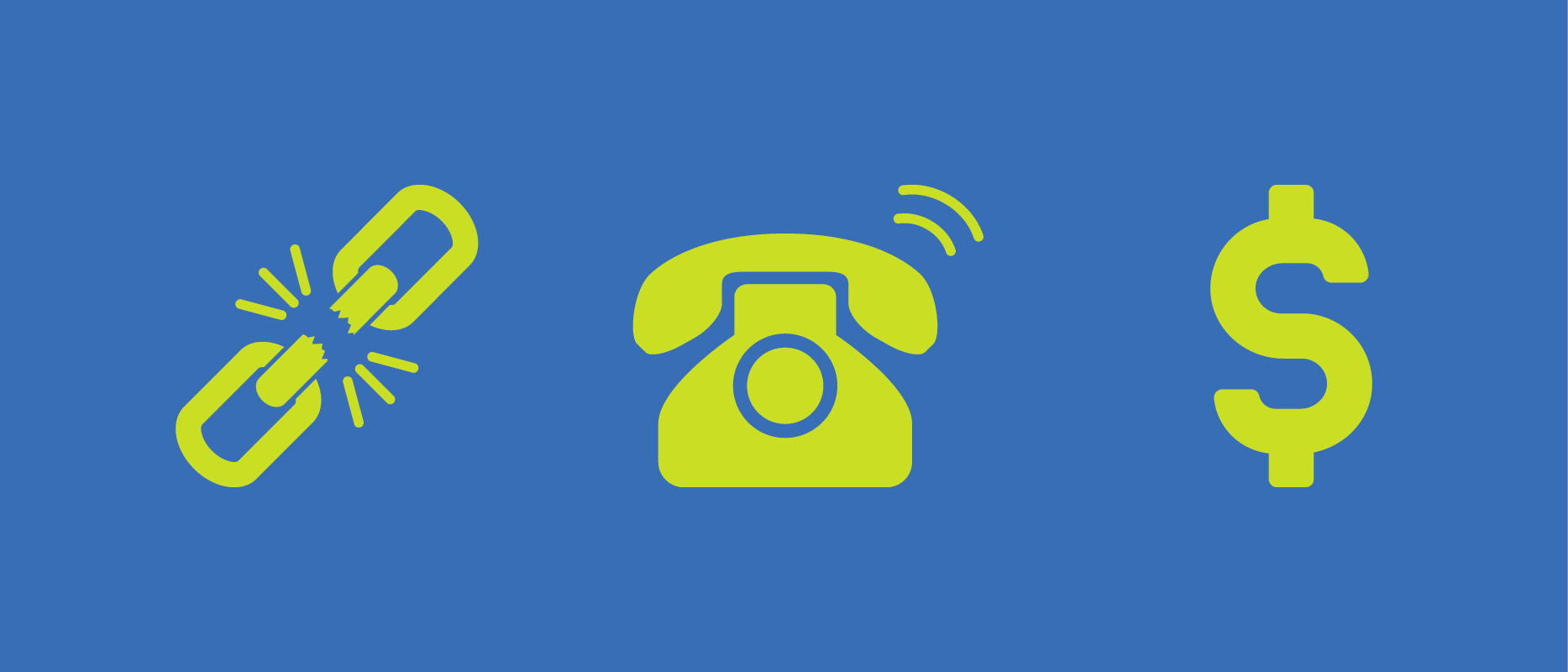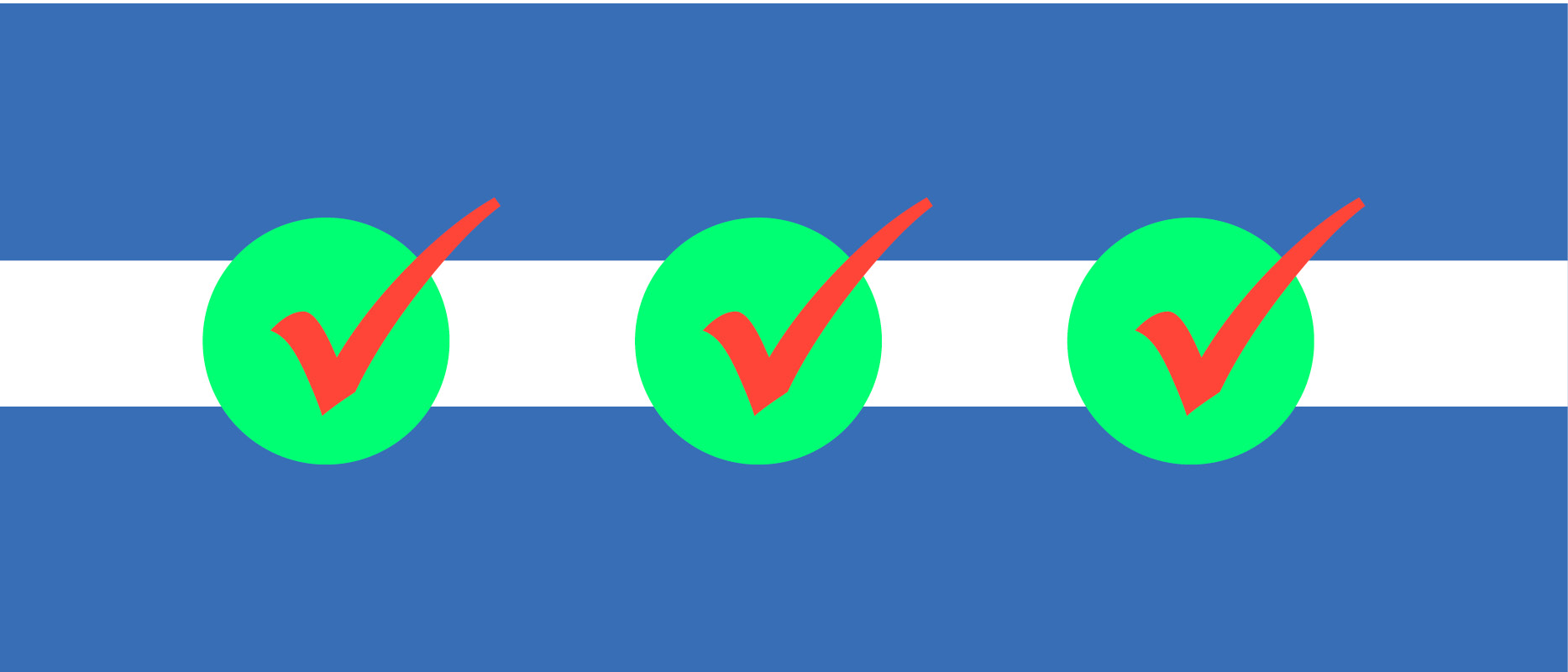The AI Browser Revolution: How Atlas, Comet, and Copilot Are Reshaping Healthcare Search
The healthcare marketing landscape is experiencing a seismic shift that’s forcing brands to rethink their entire digital strategy, especially in search. Patients are starting their healthcare journey with conversational AI—asking ChatGPT for health recommendations, turning to AI-powered browsers for medical guidance, and expecting immediate, personalized answers to complex health questions.
The New Browser Wars: Atlas vs. Comet vs. Copilot
Three major players are currently battling for dominance in the AI-first browser space, each with unique implications for healthcare marketing.
OpenAI's Atlas browser launched in October 2025, integrating ChatGPT directly into the browsing experience and allowing users to ask AI agents to perform tasks on their behalf.
Perplexity's Comet browser, initially available only to premium subscribers, went free worldwide and focuses on AI-powered search with contextual assistance across multiple tabs.
Microsoft's Copilot integration in Edge browser now includes specific healthcare navigation features, helping users find cardiologists and access Harvard Health-backed medical information.
What makes this particularly significant for healthcare brands is that these browsers actively recommend rather than simply return results. When a patient asks Atlas "Find me a cardiologist in my area," the AI makes specific recommendations based on factors that traditional SEO never considered.
How Patient Search Behavior Has Transformed
The data tells a compelling story about changing patient behavior. Microsoft reports approximately 50 million health sessions daily across their AI platforms, with patients increasingly using conversational interfaces for medical guidance.
Patients now ask questions like:
- “I’ve been having chest pain, should I be concerned?”
- “Who’s the best dermatologist in my area?”
- “What should I expect during recovery from knee surgery?”
This shift represents more than convenience—it reflects a fundamental change in patient expectations. Healthcare searches are inherently different from other industries because patients seek solutions to urgent health concerns, often accompanied by anxiety and the need for reassurance.
Understanding Answer Engine Optimization (AEO)
While traditional SEO focused on ranking in Google’s top 10 results, Answer Engine Optimization (AEO) ensures your healthcare brand gets mentioned when AI systems provide direct answers. AEO builds on SEO foundations with a crucial distinction: you’re creating content that AI systems will quote directly in their responses.
The core of successful AEO lies in data purity and structure. AI tools trust and rely on clean, structured information that clearly communicates what conditions you treat, who your doctors are, and how patients can take the next step. Healthcare organizations that embrace AEO now will significantly outpace those still relying solely on outdated search engine marketing models.
Why Healthcare Stands Out in AI Search
Healthcare consistently ranks as one of the top categories for AI search queries. Patients turn to these tools for immediate symptom assessment, treatment options, and provider recommendations before contacting medical professionals. AI tools excel at providing the comprehensive, reassuring information that healthcare seekers need in moments of uncertainty.
The implications are profound: AI-powered overviews and knowledge panels increasingly dominate search results, providing direct answers without requiring users to click through to websites. Content that isn’t optimized for AI consumption risks becoming invisible to patients who are further down the decision funnel and ready to convert.
The Strategic Imperative for Healthcare Marketers
The emergence of Atlas, Comet, and Copilot represents more than technological innovation it’s a strategic imperative for patient acquisition. These platforms capture high-intent patients looking for immediate solutions, and they deliver frictionless patient journeys by offering direct bookings and quick answers.
Healthcare marketers must now optimize for AI systems that scan the web, identify the clearest answers, and present them instantly. This requires being clear, factual, and specific about your services while ensuring your information structure makes sense to the algorithms deciding which brands get quoted.
What Still Matters (And What’s Changed)
The fundamentals of healthcare marketing remain important site speed, clear titles, and quality content still provide the foundation. However, the goal has fundamentally evolved. Healthcare brands now need to ensure they become part of the AI-generated conversation when patients need care most.
Key considerations for modern healthcare marketing:
Content Clarity: Write concise, factual information that AI can easily extract and quote accurately.
Structured Data: Implement proper schema markup so AI systems can understand your services, specialties, and provider information.
Patient-Centric Language: Use the same terms and phrases patients use when asking questions conversationally.
Authoritative Signals: Display physician credentials, certifications, and institutional affiliations prominently so AI can verify expertise.
Answer Real Questions: Create content that directly addresses the specific questions patients ask AI tools.
The Patient Journey in 2025 and Beyond
“I found you on ChatGPT” is becoming a common phrase heard in medical practices across the country. This represents a fundamental shift in how patients discover and evaluate healthcare providers.
The traditional search funnel awareness, consideration, decision—has compressed dramatically. Patients asking AI for healthcare recommendations are often ready to book appointments immediately. The AI browser that provides the most helpful, trustworthy answer wins the patient’s attention and potentially their business.
Healthcare brands must recognize that AI browsers serve as the new front door to patient acquisition. These platforms don’t just influence early-stage research; they directly impact scheduling and conversion rates by providing immediate, actionable recommendations.
Preparing for the AI-First Healthcare Landscape
The question facing healthcare marketers is whether your organization will be ready when patients come looking for answers. The organizations that succeed will be those that:
- Invest in clean, structured data that AI systems can easily process
- Create authoritative, physician-reviewed content that establishes expertise
- Optimize for conversational queries that reflect how patients actually speak
- Monitor which AI platforms are recommending their services (or aren’t)
- Continuously refine their approach based on how AI systems evolve
The browser wars between Atlas, Comet, and Copilot represent the opening salvo in a larger transformation of healthcare marketing. As these platforms evolve and new competitors emerge, one truth remains constant: patients will continue seeking the most helpful, trustworthy answers to their healthcare questions. The brands that position themselves as those trusted sources—in formats that AI can understand and recommend—will dominate the next era of healthcare marketing.
The AI revolution in healthcare search has arrived. The only question is whether your marketing strategy has kept pace.







 Ad Choices
Ad Choices